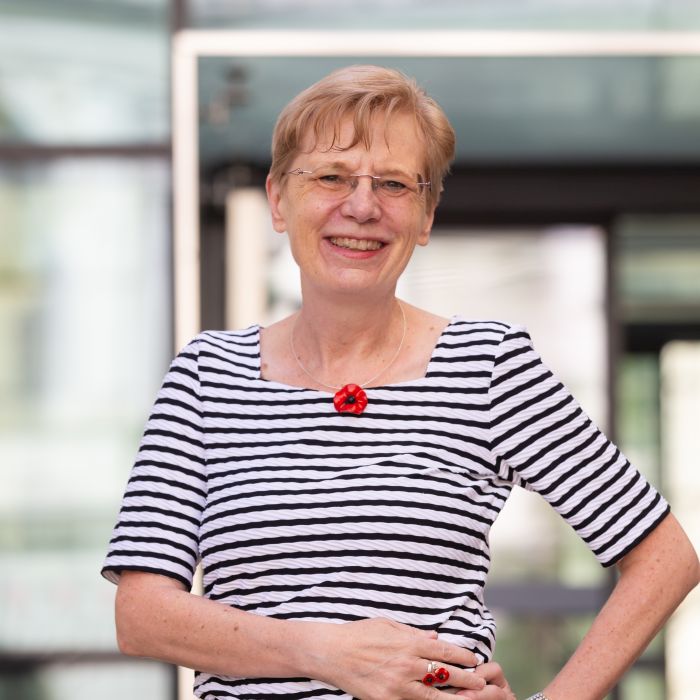"Girls, go for MINT! (STEM!)": Promoting girls in STEM at an early age
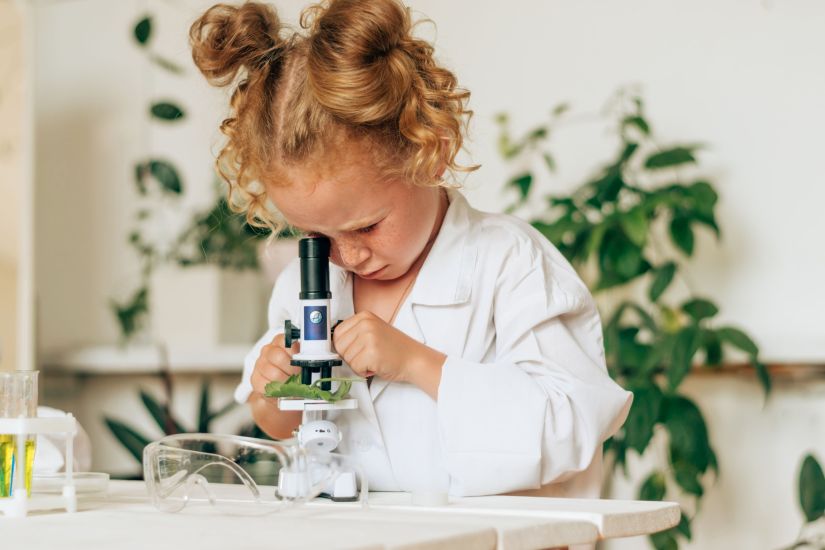
In today's world, the so-called STEM subjects (mathematics, computer science, natural sciences and technology) are of crucial importance for personal and professional development. Here, positive learning experiences are key to empowering girls - and boys - in STEM.
Foundations for a positive attitude toward STEM subjects, such as a positive self-concept, curiosity, intrinsic motivation, and confidence in one's own ability to learn, are laid as early as kindergarten age. However, girls are still less likely than boys to be introduced to STEM-related activities at this crucial stage of development. As a result, they miss out on valuable learning experiences and may fail to develop or lose long-term interest and a sense of self-efficacy in STEM.
With "Girls, go for MINT!", an innovative training concept for educators has been developed to promote and strengthen the professionals themselves and, consequently, girls in kindergarten and primary education in STEM. The training concept "Girls, go for MINT!" comprises several content areas: Basic knowledge, didactic impulses and, as a connecting cross-sectional task, reflection on the learning content, one's own attitudes and experiences.
Early basis for equal opportunities
"Girls, go for MINT!" shows that education and equal opportunities begin in the early years. Supporting girls in STEM subjects at this crucial stage not only unlocks individual potential, but also helps STEM fields benefit from the diversity and talent that girls and women bring to the table. This project marks an important step toward a more equitable and opportunity-filled future for all.
The STEM advanced training modules
- gender-sensitive didactics
- Development of professional interests and career aspirations
- Influence of stereotypes
Are so-called game and learning ideas for the development of STEM skills in girls in kindergarten and primary school. The following topics were chosen:
- Mathematics - dealing with sizes and measurements
- Computer science - programming unplugged
- Natural sciences - skeleton and body
- Technology - chain reaction, forces and movement
The reflection of one's own attitudes, the learning content in connection with one's own pedagogical actions and the communication and interaction in the learning situation with peer learners and the teachers forms a cross-sectional task that accompanies all learning modules.
The STEM photo education modules
These modules include, on the one hand, STEM learning ideas and learning tasks specifically tailored to the target group and, on the other hand, modules on STEM didactics in which educators can reflect on their own attitudes and the topic of "girls/women in STEM".
By providing targeted training to professionals in the early education phase and offering positive learning opportunities to girls as early as kindergarten age, new opportunities open up in the long term. Girls and young women can develop their interest and sense of self-efficacy in STEM subjects, which in turn could pave the way to STEM professions.
Manuela Pachter: "In the evaluation of our concept, we also asked the children who got to know our didactic examples in kindergarten or in lessons in elementary school and learned with them. Both the girls and the boys found the play and learning ideas exciting, had fun while learning and wished to be allowed to try out further play or learning ideas. It can be seen that the orientation of the didactic examples to the girls, also benefited the boys and overall increased the quality of learning and teaching in STEM."
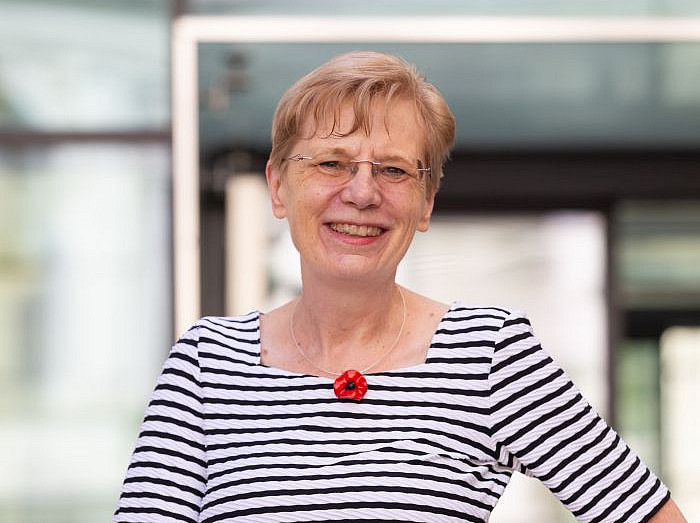
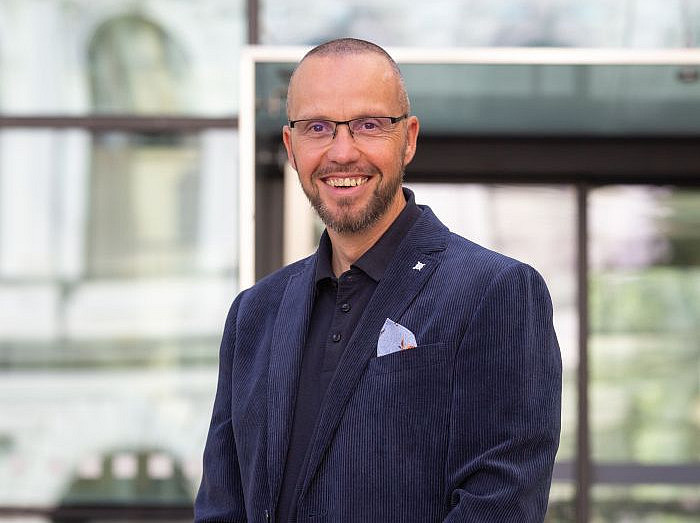
Lars Eichen: "Gender differences in STEM career choices start early and are strongly dependent on stereotypes. In Austria, 97% of elementary education professionals are female. Therefore, training in STEM fields related to gender-sensitive pedagogy can make a valuable contribution to deriving conscious pedagogical actions."
Sarah Feierabend: "Professionals are role models for children and can create opportunities in everyday pedagogy to enable positive experiences in STEM fields at an early age. However, they are also affected by uncertainties and stereotypes in the STEM field. Training should therefore aim to provide professionals with the best possible support and accompany them on their way to developing positive attitudes, self-confidence as well as competencies in STEM subjects."

Marina Eglmair: "Early enthusiasm, gender-neutral education and hands-on experience are crucial for promoting children in STEM. Therefore, establishing STEM training in elementary and primary education is of great importance to spark children's interest in these subjects early on, strengthen their competencies and build their self-confidence. This lays the foundation for a sustainable academic path in STEM fields."
Silke Luttenberger: Promoting girls (and boys) in STEM subjects is crucial. Positive learning experiences, gender-sensitive pedagogy and early enthusiasm are key. The innovative training concept "Girls, go for MINT!" helps to strengthen educators for this important task and thus lays the foundation for a fairer and more innovative future.
Daniela Unterrainer-Strauß: "Gender-sensitive STEM education in early childhood lays the foundation for children to later find their way in a variety of educational and professional opportunities and to discover, expand and develop interests, self-competencies and motivation for STEM fields regardless of their gender. Further training in this regard is an essential step toward sensitizing educational professionals to this topic and, in this sense, encouraging its implementation in everyday educational practice."
Sabine Hasenhütl: "Trying out practical activities aroused interest and enthusiasm among the training participants and helped to reduce any uncertainties in the STEM field. In particular, the direct implementation of the developed game and learning ideas in practice led to positive learning experiences for both the professionals and the children, who had great fun with the activities."
Project Team
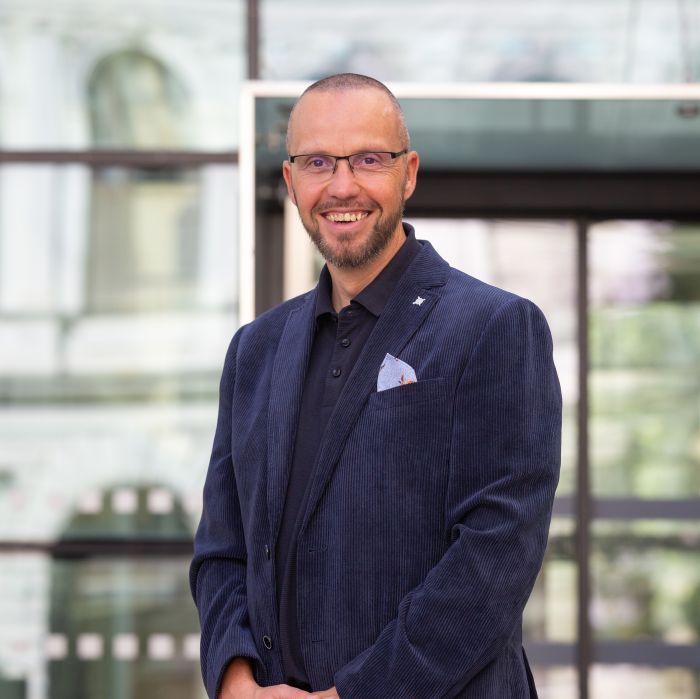
Univ.-Prof. Dr.phil. Lars Eichen

Dr.phil. BA. MA. Sarah Feierabend
